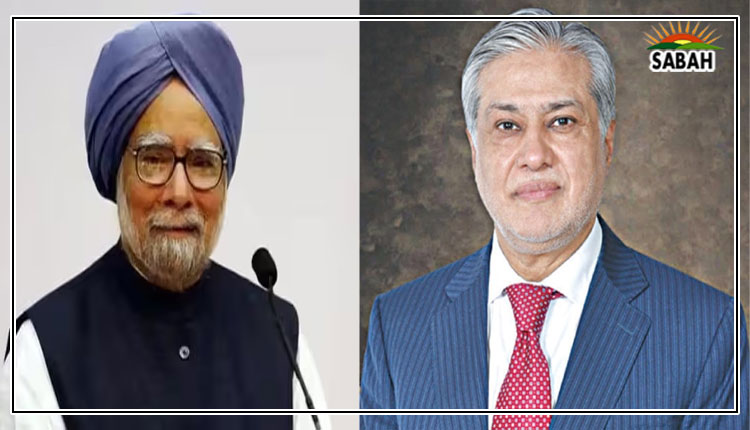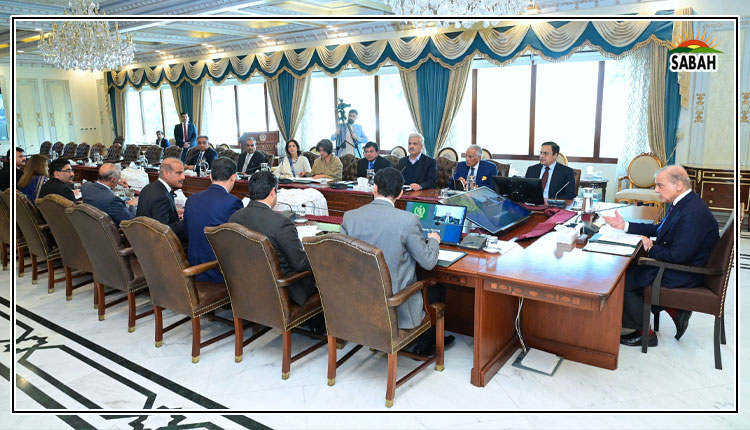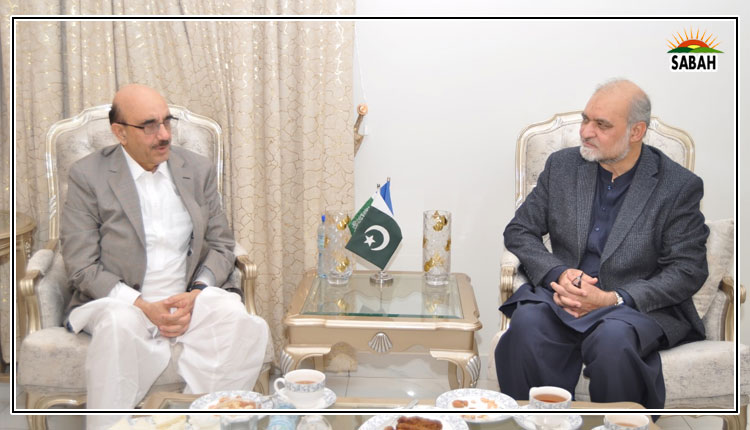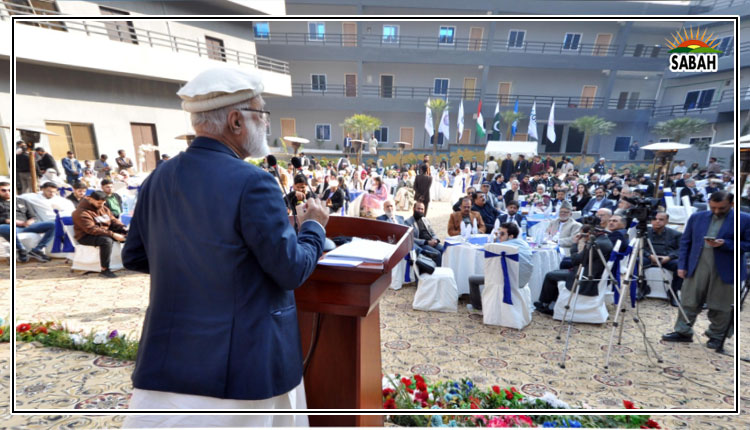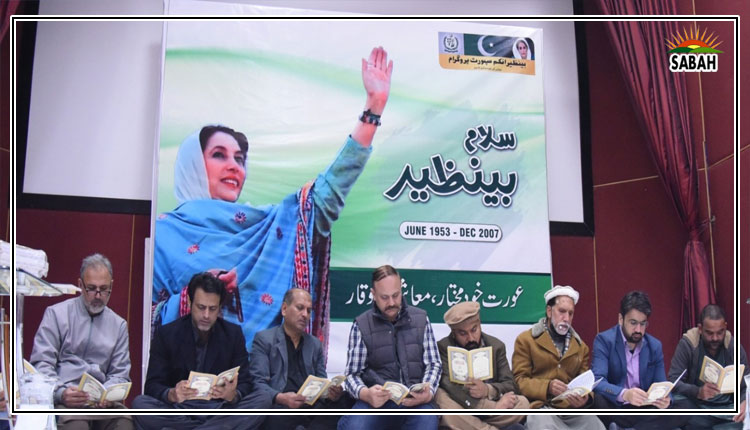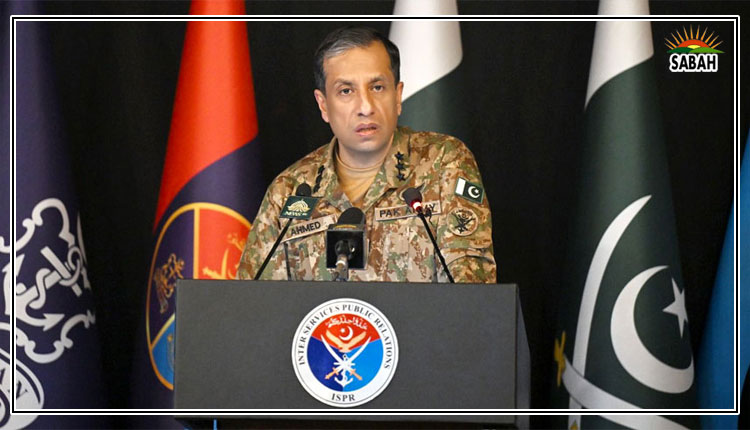Saddened by the passing of Dr. Manmohan Singh: Ishaq Dar
ISLAMABAD, Dec 27 (SABAH): Deputy Prime Minister and Foreign Minister Senator Mohammad Ishaq Dar has said that he was saddened by the passing of Dr. Manmohan Singh, former Prime Minister of India.
Ishaq Dar in a statement issued on Friday said that born in a village in Pakistan’s Chakwal district, Dr. Manmohan Singh was a distinguished economist and political leader. He will be remembered for his wisdom and gentle demeanor.
Ishaq Dar said that beyond his remarkable achievements in the field of economics, Dr. Singh demonstrated a commitment to promoting regional peace. His approach to regional issues reflected his belief that mutual understanding, dialogue and cooperation were essential for collective progress. He played a notable role in improving Pakistan-India bilateral relations during his tenure as Prime Minister.
Ishaq Dar said that the people and the Government Pakistan extend their heartfelt condolences to Dr. Manmohan Singh’s family, and to the people and the Government of India.
It is worth mentioning here that Dr. Manmohan Singh, the former Indian prime minister who governed the South Asian country for two terms and liberalised its economy in an earlier stint as finance minister, died on Thursday. He was 92.
Singh, an economist-turned-politician who also served as the governor of the central bank, was ailing and admitted to the All India Institute of Medical Sciences in New Delhi, local media reported late on Thursday.
“With profound grief, we inform the demise of the former Prime Minister of India, Dr Manmohan Singh, aged 92. He was being treated for age-related medical conditions and had a sudden loss of consciousness at home on 26 December 2024,” the AIIMS said in a statement.
Furthermore, the hospital said, resuscitative measures were started immediately at home. “He was brought to the Medical Emergency at AIIMS, New Delhi at 8:06 PM. Despite all efforts, he could not be revived and was declared dead at 9:51 PM,” it added.
He is credited with steering India to unprecedented economic growth and lifting hundreds of millions out of dire poverty. He went on to serve a rare second term.
Prime Minister Narendra Modi said: “India mourns the loss of one of its most distinguished leaders, Dr. Manmohan Singh Ji.” He applauded the economist-turned-politician’s body of work.
Born into a poor family in a part of British-ruled India now in Pakistan, Singh studied by candlelight to win a place at Cambridge University before heading to Oxford, earning a doctorate with a thesis on the role of exports and free trade in India’s economy.
He became a respected economist, then India’s central bank governor and a government advisor but had no apparent plans for a political career when he was suddenly tapped to become finance minister in 1991.
During that tenure to 1996, Singh was the architect of reforms that saved India’s economy from a severe balance of payments crisis, promoted deregulation and other measures that opened an insular country to the world.
Famously quoting Victor Hugo in his maiden budget speech, he said: “No power on earth can stop an idea whose time has come,” before adding: “The emergence of India as a major economic power in the world happens to be one such idea.”
Singh’s ascension to prime minister in 2004 was even more unexpected.
He was asked to take on the job by Sonia Gandhi, who led the centre-left Congress party to a surprise victory. Italian by birth, she feared her ancestry would be used by Hindu-nationalist opponents to attack the government if she were to lead the country.
Riding an unprecedented period of economic growth, Singh’s government shared the spoils of the country’s new found wealth, introducing welfare schemes such as a jobs programme for the rural poor.
In 2008, his government also clinched a landmark deal that permitted peaceful trade in nuclear energy with the United States for the first time in three decades, paving the way for strong relations between New Delhi and Washington.
But his efforts to further open up the Indian economy were frequently frustrated by political wrangling within his own party and demands made by coalition partners.



